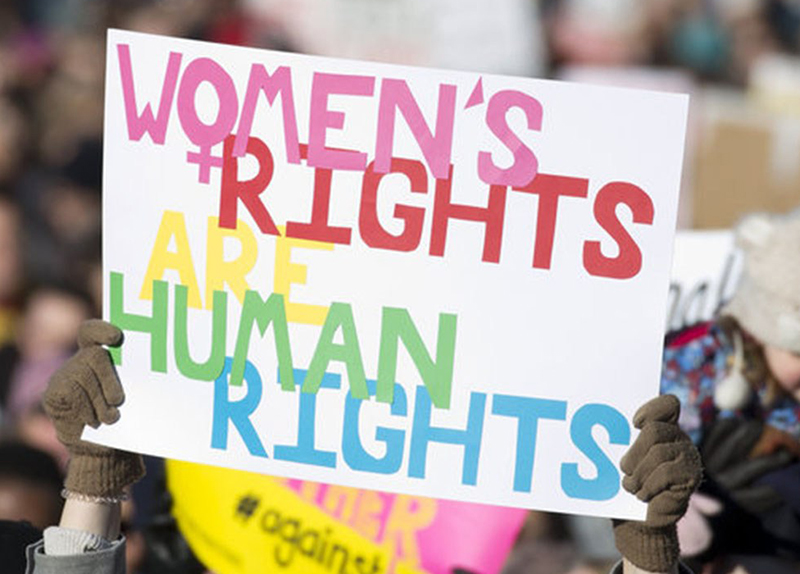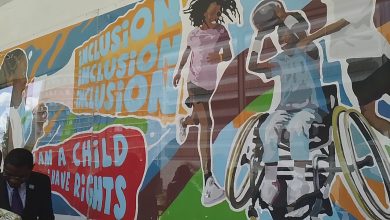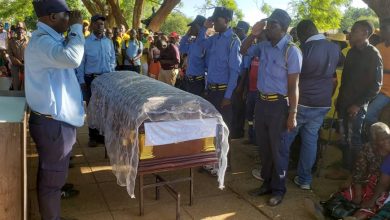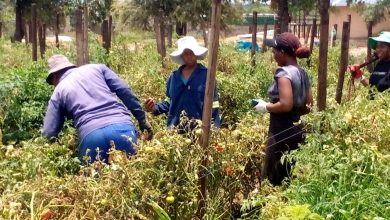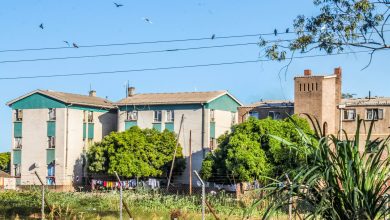Women’s rights activists say the low voter turnout experienced in the recent by-elections is a reflection of a society that lacks awareness of the tenants of democracy and good governance.
There was low participation of women particularly both as voters and candidates.
Statistics show that of the 118 candidates nominated for the 28 National Assembly vacant seats, 102 were males and 6 were females.
In the 122 by-elections for municipal seats, 15.5 per cent were female while 84.5 per cent were male.
Zimbabwe Electoral Commission (ZEC) aggregated results of the participants reflect low participation of women and success in the just-ended by-elections.
According to the statistics availed by ZEC, women constituted only 21,4 per cent of the winning candidates in the National Assembly seats compared to 78,6 males in the polls held on March 26 2022.
Women’s Coalition of Zimbabwe Kwekwe Chapter Chairperson, Rosewitter Matsveru said voter apathy displayed in the recent elections is a wake-up call to improve targeted civic education in particular communities.
“Women are still battling traditional norms that the right place for a woman is in the kitchen, and decision-making power is in the hands of males. There is an unspoken narrative that dictates that politics is for men in Zimbabwe. Women are not taken seriously and they are subjected to a lot of physical and political abuse in political parties.
Matsveru said voting is the most powerful non-violent tool to fight patriarchy and gender disparities in Zimbabwe’s political, social and economic realms.
Idirashe Dongo, the Midlands provincial chairperson for the Women in Local Government Forum, recommended grassroots awareness campaigns to encourage more women to step up and fight for leadership positions.
“Our communities still need awareness, starting from traditional leaders like chiefs to the grassroot males, for them to understand and start seeing the positives in the work done by women.
Florence Guzha, Midlands Coordinator for the Civil Society and Churches Joint Forum (CSCJF) called on collaborative efforts to build confidence amongst women to participate in democratic and electoral processes.
“It is a worrisome situation that while we constitute 52 per cent of the total population, I saw men dominating queues across the midlands province as I was observing the by-elections. We will not have space given to us on a silver platter. We must vote and seek to be voted into decision-making posts. Surely we can make better Councillors and members of parliament.”
Guzha said it’s already preparatory season for the national elections next year hence mentorship programmes must be intensified amongst women who are seeking political leadership positions.
Zimbabwe is signatory to a number of international and regional instruments, including the 1979 Convention on the Elimination of all Forms of Discrimination Against Women (CEDAW), the 1995 Beijing Platform for Action (BPfA), the African Charter on the Rights of Women and the Southern African Development Community Protocol on Gender and Development 2008 which seek to promote and protect gender equality in all spheres of society.
